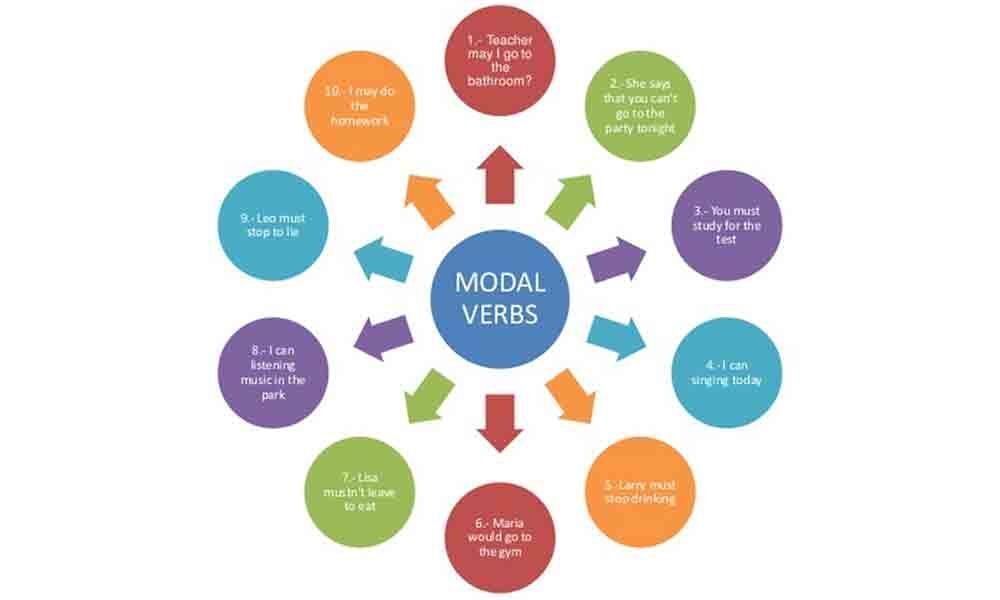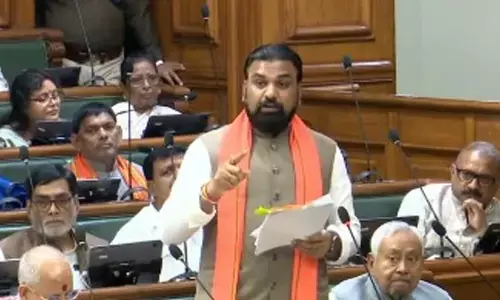MODAL VERBS

Communication in English cannot be imagined, without the presence of modal verbs.
Communication in English cannot be imagined, without the presence of modal verbs. The name itself reflects the mood of the sentence or situation; whether it is a request, permission, obligation, ability, possibility etc. They are peculiar as they are not used separately and do not indicate a specific action or state like other verbs. Understanding the way various modal verbs are used, helps us in enhancing fluency of the language.
The chief modal verbs are will, would, can, could, shall, should, may, might, ought to and must.
1. Will: This verb is used when a future action is certain to happen.
I will finish my project.
When the modal verb 'will' is used, it means that the action is certain to take place.
2. Would: The modal verb 'would' indicates a condition. It is possible that the action will take place, but another condition has to be met. The phrase including the modal verb will be followed by a connective such as 'if'.
I would pay my student fees if I had the money in my account.
Besides this condition, it acts as a past form of will.
'Would' is used in the past tense also, in indirect speech.
She asked me "will you go to church?"
She enquired me if I would go to church.
3. Can: Can is a modal verb, which shows the ability to do an action and a request. It cannot be used in past tense.
I can speak both Telugu and English fluently.
Can you help me please?
4. Could: Could is used not only to make a past form of Can, but also to make a polite request. I could run very fast when I was young.
Could I have some more salad, please?
5. Shall: This verb shows a future action that will happen. However, a condition is often implied. Often the connective 'when' is used to connect clauses if 'shall' is the form of the verb used.
I shall pay my fees as soon as my funds clear.
Also, it can be used to ask permission.
Shall I make a move?
6. Should and ought to: When the modal verbs 'should' or 'ought to' are used, it indicates that there is a requirement to carry out an action or obligation.
I should be at work before 9.
The slight difference between the two modal verbs is that 'ought to' implies slightly less of an obligation than 'should'.
I ought to go to the bank to pay my fees, but I have a bad cold.
7. May: This is a modal verb which has a double purpose. It indicates the permission to do something. It also implies that there is the possibility that something may happen.
When used to give permission it will often appear in a simple clause, sentence or phrase.
You may attend the meeting on my behalf.
As we have seen, the verb can also be used to show the possibility that something will happen.
It may rain heavily today.
In this sense, the verb is interchangeable with might, although it implies a stronger likelihood of something happening.
'May' cannot be used as a verb in the past tense.
8. Might: Might is the past tense for may in indirect speech.
He said, " I may contest in the election".
He said that he might contest in the election.
Might shows less possibility than may.
It might rain today.( less possibility)
9. Must: The modal verb 'must' says that something will definitely be done, or happen. It is a stronger word than will, implying that the action to take place is extremely significant.
I must pay my fees, or I will not be allowed to attend classes.
Proper usage of modal verbs establishes one's command over the language in addition to making communication vivid and versatile.








